Psychedelic-derived substance could be used to reduce the symptoms of withdrawal from opioids.
MindMed recently completed Phase 1 trials of the non-hallucinogenic molecule 18-MC. The molecule, invented in 1996, is a derivative of ibogaine, a psychedelic substance found in plants. The trial found that doses of 18-MC in humans were “well tolerated” which allows them to move on to the next phase of trials before the year ends.
Both 18-MC and ibogaine have been studied as anti-addiction treatment options previously, and has shown to be effective at reducing the self-administration of drugs such as cocaine, nicotine, and morphine in rats, as well as mitigating the symptoms of opioid withdrawal. MindMed’s research is designed to show that the molecule is safe for human consumption, allowing it to be approved by the U.S Food and Drug Administration (FDA) and Health Canada to address the opioid crisis facing the United States and Canada.
MindMed is pursuing both psychedelic and non-psychedelic treatment options for a variety of mental health disorders. Other trials underway include testing of LSD microdoses (doses which do not produce a hallucinogenic effect) as treatment for Adult ADHD, and full doses alongside psychedelic assisted therapy as treatment for anxiety disorders and “suicide” or cluster headaches.
The company has filed for a patent on a substance that prevents the hallucinogenic effects of LSD within 20 to 30 minutes. Such a substance could help incorporate LSD into clinical therapeutic practice, allowing a therapist to accompany a patient on the entirety of their psychedelic experience during the course of a standard therapy session.
In addition to its work on LSD, the company is conducting research to determine potential applications of MDMA, the synthetic drug commonly referred to as ecstasy, and N,N-Dimethyltryptamine (DMT), the psychedelic active ingredient in Ayahuasca, for the treatment of mental health disorders.
Disclosure: The author of this post owns shares of MindMed.
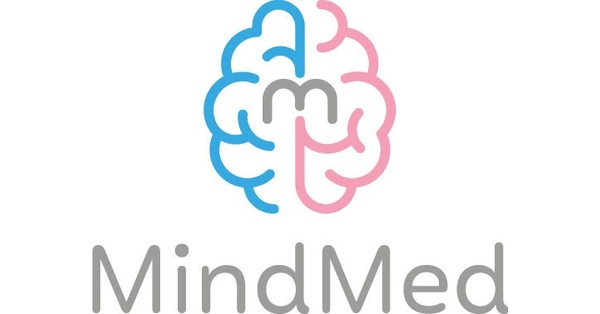
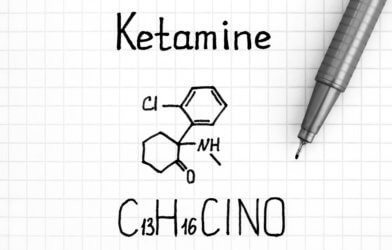
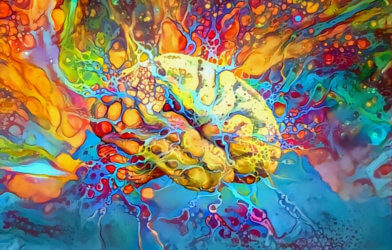

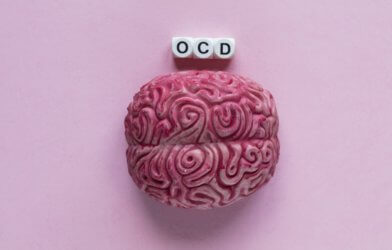
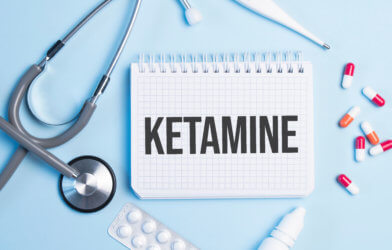
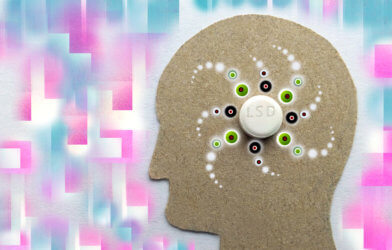






Comments